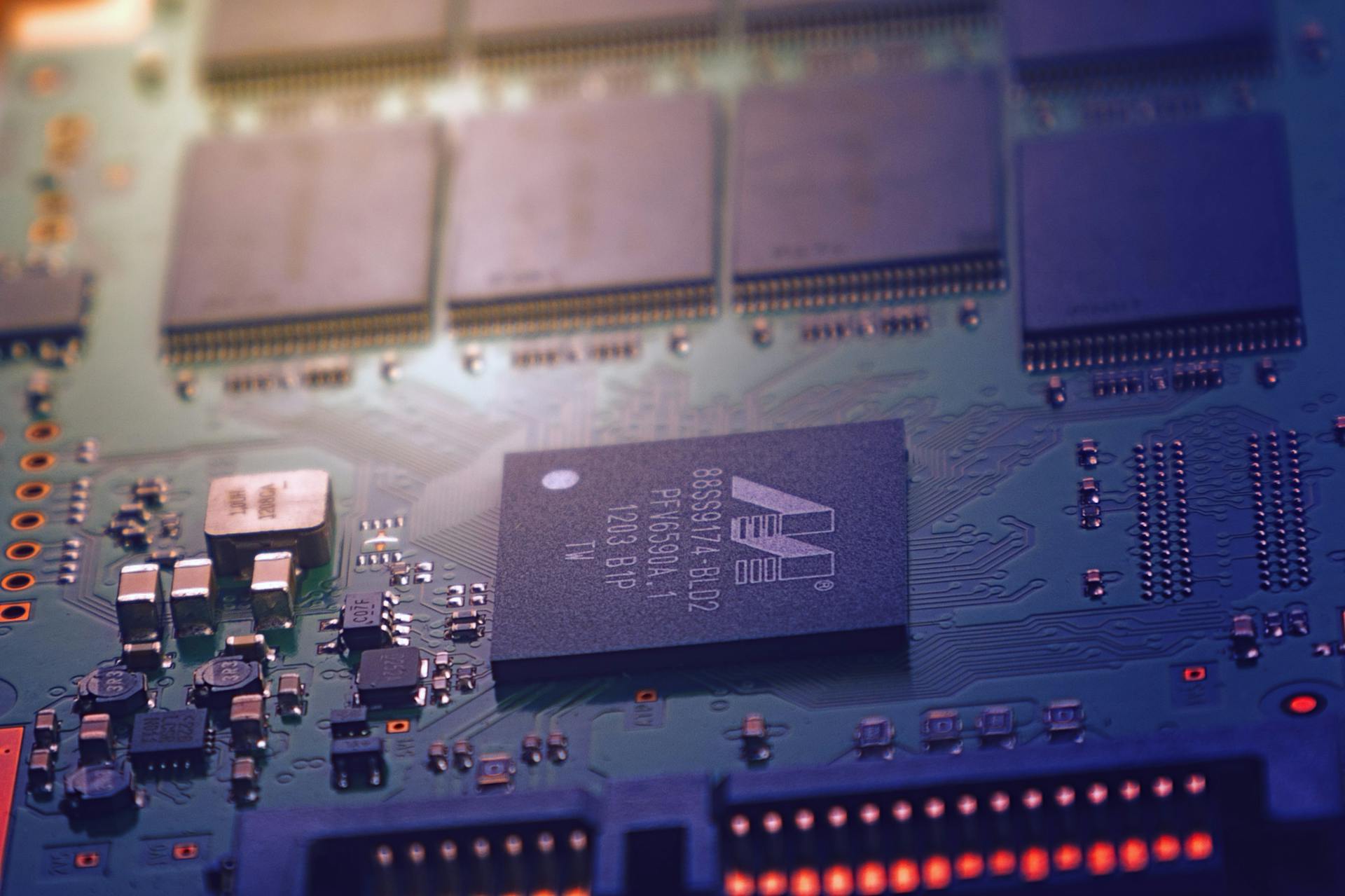Unveiling India's AI Landscape: Startups and GCCs Lead in GenAI Adoption
Unveiling India's AI Landscape: Startups and GCCs Lead in GenAI Adoption
Breakthrough Infant Monitoring Technology Revolutionizes Early Detection of Neuromotor Disorders
In a groundbreaking study led by Huanyu "Larry" Cheng, the James L. Henderson, Jr. Memorial Associate Professor of Engineering Science and Mechanics (ESM) at Penn State, wearable sensors paired with cutting-edge machine learning algorithms are transforming the landscape of infant healthcare. This innovative technology promises to revolutionize the early detection and monitoring of neuromotor disorders in infants with unprecedented accuracy and efficiency.

Cheng and his team have developed a sophisticated wearable sensor network integrated with an artificial intelligence-based algorithm, heralding a new era in infant health monitoring. Published in the prestigious journal Advanced Science, their pilot study showcases the remarkable potential of this technology to automatically identify infants at risk of developing neuromotor diseases with an astonishing accuracy of up to 99.9%.
The significance of this breakthrough cannot be overstated. General movements, the spontaneous motor patterns exhibited by infants, hold crucial clues to the early detection of neuromotor dysfunctions such as cerebral palsy, autism spectrum disorder, and other neurological disorders. Identifying these atypical movement patterns during infancy is paramount for initiating timely interventions that can significantly enhance long-term functional outcomes and overall quality of life.
In a recent interview with Penn State News, Cheng emphasized the urgent need for such technology in infant healthcare. Traditional methods of examination, reliant on subjective visual assessments and specialized clinician training, are fraught with limitations. Moreover, conventional approaches often necessitate complex camera setups and are susceptible to environmental interference, hindering their widespread applicability.

The advent of wearable sensors coupled with advanced machine learning algorithms transcends these barriers, offering a non-invasive, objective, and cost-effective solution for early neuromotor disorder detection in infants. By harnessing the power of data-driven insights, healthcare professionals can now intervene during the critical window of infancy, mitigating the risk of irreversible neurological damage and optimizing developmental trajectories.
The implications of Cheng's work extend far beyond the realm of academia, promising tangible benefits for infants and families worldwide. With this groundbreaking technology poised to redefine the standards of infant healthcare, the future holds unprecedented opportunities for early intervention and improved outcomes in the fight against neuromotor disorders.
In the realm of contained writing, I am a quiet observer, an architect of words, and a weaver of emotions. With ink and paper, I build worlds, share secrets, and unlock the mysteries of the human heart.
Unveiling India's AI Landscape: Startups and GCCs Lead in GenAI Adoption
Apple CEO Tim Cook Applauds India's Thriving Developer Community and Strategic Significance in Global Tech Landscape
Revolutionizing Tablet Experience: Apple's 2024 iPad Pro Lineup Unveiled


